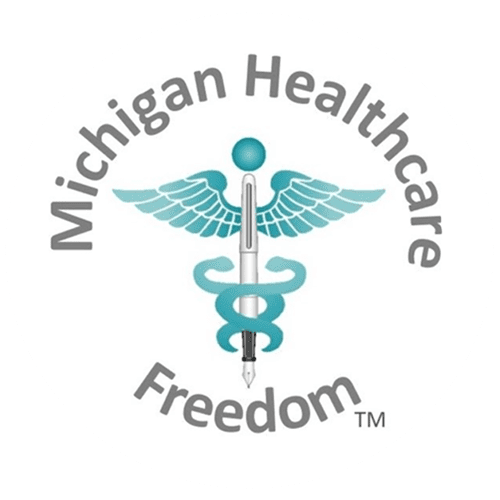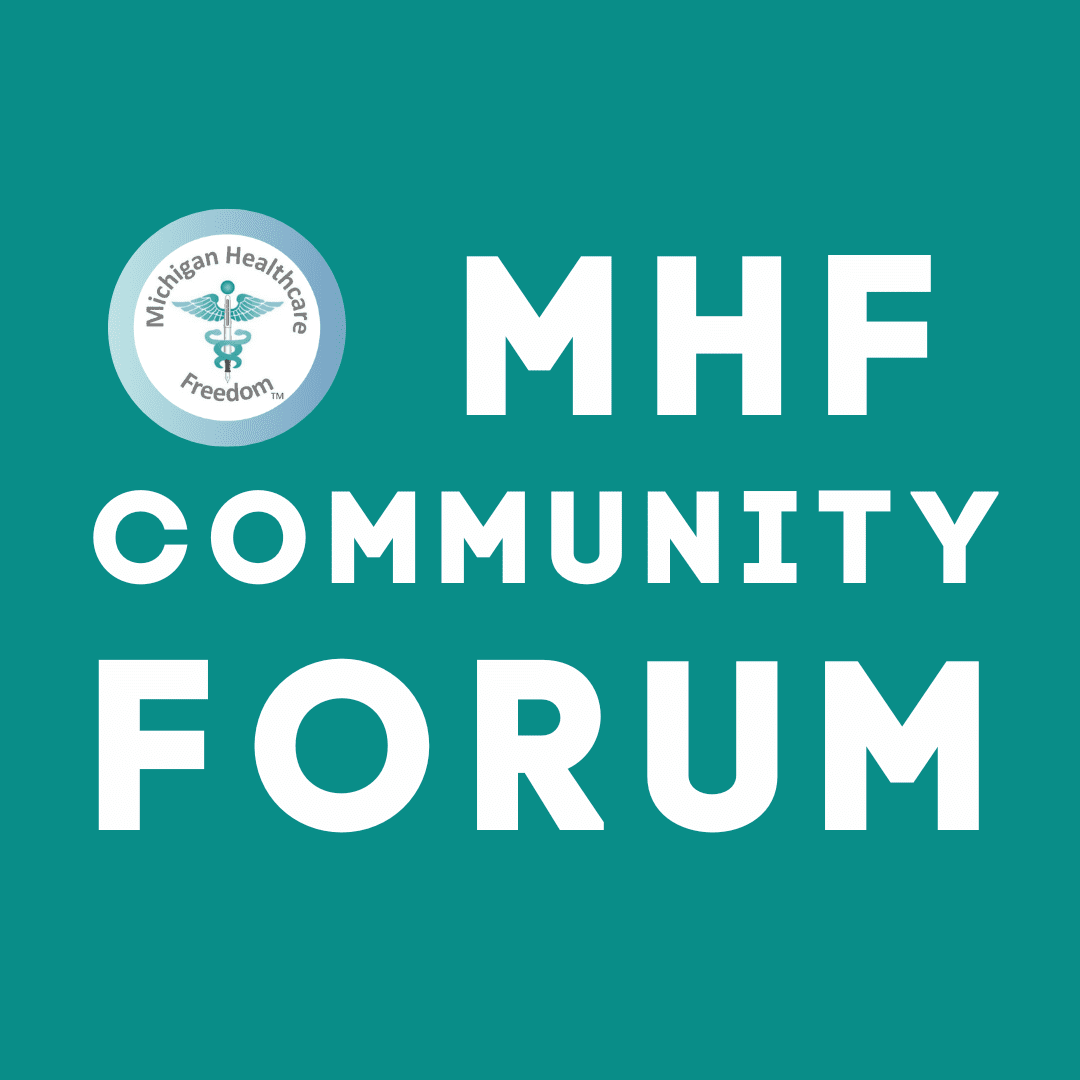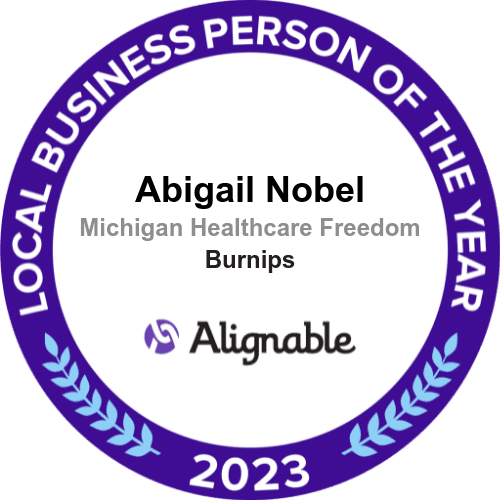
It is not clear whether these health clinics will be funded by MDHHS Child and Adolescent Health Center Program Planning Grants, which have roiled school districts across mid Michigan due to their political baggage. Former Microsoft CEO, current NBA team owner, metro Detroit native, and all around wokester Steve Ballmer (and his woke wife Connie) will donate $2.76 million to "help launch" these 12 health hubs in DPSCD high schools. CAHCPP may be a partner immediately, or at some time in the future:
More school-based health centers are on the way in the Detroit school district
By Ethan Bakuli - July 5, 2023Detroit Public Schools Community District will investing in new school-based health centers thanks to a private grant of $2.8 million. The centers will serve to help the district provide students and families with convenient medical, dental and mental health services at area high schools.Rachel Wisniewski for Chalkbeat
The Detroit school district is set to launch new school-based health centers in the next three years to provide students and families medical resources and services they need to attend school regularly.District Superintendent Nikolai Vitti shared details about the “health hubs” during a recent virtual public meeting on mental health and public safety.
“We want to try to address as many of the challenges that get in the way of students attending school every day, and just generally better support our parents who are facing extreme levels of poverty,” Vitti said at the June 21 meeting.
An intake person at each health hub will field questions and direct patients to dental, medical, and mental health services.
The Detroit Public Schools Community District will receive $2.76 million from the Ballmer Group to help launch 12 health hubs in high schools. The philanthropic corporation was established by former Microsoft CEO, current NBA team owner, and metro Detroit native Steve Ballmer and his wife Connie.
Vitti has said a dedicated hub in school buildings would help address chronic absenteeism — when students miss 10% or more of the school year. In the 2021-22 school year, Detroit’s chronic absenteeism rate was 79%.
The health hubs will differ from the school-based health centers that are already in place at 16 DPSCD schools, according to Vitti. In addition to providing physical and behavioral health services, health hubs also will provide dental services, vision and hearing screenings, and other health-related services.
They will be open to students at that school, family and community members, and K-12 students from surrounding schools.
Soon the health hubs also will include “parent resource centers” that provide legal services, eviction help, energy bill assistance, and access to winter coats, toiletries, and transportation to families in need, Vitti said.
At a school board committee meeting in January, Vitti cited health hubs as “our greatest need outside of the [school] budget, and the best use of philanthropic dollars.”
Ballmer’s charity previously has given to Michigan’s largest school district. In 2019, it donated $5.9 million to DPSCD to help launch its student data portal.
School health clinics envisioned as ‘hub of the community’
School-based health centers have been in Michigan since the 1980s, but the outbreak of COVID and increasing concerns around student mental health have increased their relevance across the state.
The Michigan Department of Health and Human Services funds over 230 school-based or school-linked health care programs. In the $21.5 billion K-12 budget for the fiscal year 2024, Michigan lawmakers allocated $33 million for school-based health centers, as well as an extra $45 million for facility upgrades of current centers.
But there has been pushback in some Michigan communities. The Grosse Pointe Public School System board in January tabled plans to create a school based health center, citing concern over potential legal and financial problems tied to the project. And a proposal to place a health clinic inside Oxford High School was canceled when a health care provider learned that a majority of community members did not support the proposal, noting a lack of trust with school officials and concerns about the cost of funding a clinic.
Typically, school-based health centers involve an agreement between local health care providers, such as a hospital system, a school district, and the state. All three parties share the costs.
Ascension, Henry Ford Health, and Institute for Population Health will be among the local health care providers running the health hubs, Vitti said. Those organizations will completely staff the physical and behavioral health services provided at each location.
Providing health care at neighborhood schools could be an invaluable resource, some Detroiters said.
Franklin Hugle, a junior at Cody High School, said he believes health hubs could be more convenient for students required to take physicals to participate in sports. Under the district’s plan, Cody would become a health hub for families and students in the northwestern part of the city.
Parent Shante Tyus, whose kids attend Cody, said she thinks a health hub would be helpful for children suffering from minor illnesses or those in need of early screenings for major diseases. As a teenager, Tyus’s older sister discovered she had Crohn’s disease, which caused her to miss multiple days of school. Early testing may help families and school officials in determining how to accommodate students with chronic health conditions.
Cody “is the hub of the community,” Principal Jason Solomon said. The school conducted eye exams earlier this year and provided glasses to about 125 students. Expanding those opportunities for medical care, Solomon said, would give kids and their families more reasons to come to school.
The first five health clinics are set to launch in the next school year, including the School at Marygrove * , which will operate a health hub through the school’s P-20 partnership. The remaining seven schools are targeted for the 2024-25 and 2025-26 school years.
In selecting the 12 schools, Vitti said, the district ensured that every student would be within 3 miles of a hub.
The 12 health hub are proposed for:
> Central High School/Durfee Elementary-Middle School
> East English Village Preparatory Academy at Finney
> Southeastern High School
> Western International High School/Maybury Elementary School
> The School At Marygrove*
> Cody High School
> Denby High School
> Henry Ford High School
> Martin Luther King Jr. Senior High School
> Mumford High School
> Northwestern High School
> Osborn High School
> Pershing High School* Marygrove will run its health hub in partnership with an outside organization and is not included in the 12-school total.
A favorite ploy of woke leftism is perverting the nature of institutions.
Michigan Capitol Confidential gives a great example here: pushing out mental health treatment in the schools.
We're probably not supposed to ask awkward questions like, "Does kids' mental health improve when you make them think about it more?"
Here's another one specifically for Detroit Public Schools: "If mental health declined when schools closed, wouldn't it improve if schools actually deliver an education?" It should be fairly easy to fact-check that with a comparison to other Michigan school districts.
Detroit schools spend $196M of COVID cash on teachers, $34M on student mental health
Detroit superintendent Vitti speaks on district’s use of $1.2B in COVID stimulus funds
The Detroit Public Schools Community District received $1.2 billion from the federal treasury under the American Rescue Plan Act. The district plans to spend roughly $196 million of that on employees, according to its website. The district is dedicating another $34 million, or 2% of the $1.2 billion, to meet social and emotional needs of students still harmed by long-term shuttering of school doors.
A University of Michigan study concluded that Detroit’s students are facing an epidemic of poor mental health. A large share of district students show substantial symptoms of anxiety, depression, and suicidal ideation. Many, the study says, have experienced traumatic events.
Teachers and staff want more professional development in how to help with social emotional learning, anxiety and depression, according to the study. Staffers report either that their school does not have a system for managing mental mental health or that they are unaware of one. Administrators, however say there is a system in place to identify students who need mental health services.
Detroit schools and University of Michigan agree there is a major mental health crisis. The Detroit teachers union fought against opening schools during the pandemic, and district schools were among the last in the state to open.
“We could have spent more in the area of social-emotional support for students but this would have meant hiring new full-time who would have been laid off after COVID Relief Funding ended,” Superintendent Nikolai Vitti told Michigan Capitol Confidential.
On its website, the district says it is using $169 million of the temporary funds to hire teaching and academic staff and provide one-time pay increases, as well as hazard pay. It will also use the money on certification programs for teachers professional development and academic resources.
Vitti said the district provides “the opportunity to give direct mental health support to all students at all of our schools.”
He said the initiative will continue next year with an already-adopted budget that reflects the end of COVID-related aid.
“The district is not doing enough to use the money it spends to benefit students,” said Molly Macek, education policy director at the Mackinac Center for Public Policy. “As long as that happens, its longstanding record of poor academic achievement is unlikely to improve.”
Jamie A. Hope serves as the assistant managing editor of Michigan Capitol Confidential. She owns a consulting business, and previously worked at the Michigan Legislature as a legislative aide, as well as for the House Republican Policy Office. She is an author and has written for American Thinker and Human Events. Jamie has a bachelor’s degree in business administration from Michigan State University.
Jamie A. Hope may be reached at Hope@mackinac.org.






